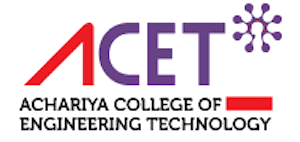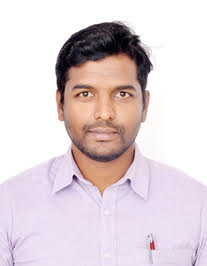On behalf of the management, principal, faculty, and students of our esteemed institution, I welcome you to the Department of Mechanical Engineering. Mechanical engineering is a professional program that helps students understand the working mechanisms of heavy tools and machines. The role of a mechanical engineer is to develop a product from a provoking idea to the competitive market. The inbuilt qualities of Mechanical Engineers are creativity for new innovations, listening skills, math skills, mechanical skills, and problem-solving skills.
Following our institution’s mantra, “EARN WHILE LEARN & LEARN WHILE EARN,” we offer great opportunities for internships and very good placements for the students. The internship in leading companies leads students to build their self-confidence and also gives them an income, which serves as moral support. The students are taught to follow the secret “Individuality” from the beginning of the course, followed by consistent monitoring and support by our faculty until they finish the course as mechanical engineers. On this note, I wish to quote, “I am a mechanical Techie. I can build things with my hands”. Join us, learn things and create your own world.



